Returning to Vietnam to attend the Homeland Spring program, Ms. Nguyen Thi Lien, Vice President of the Vietnamese Women's Association in Malaysia and Head of the Vietnamese Language Club in Malaysia, had an interview with a reporter from Dai Doan Ket Newspaper about the story of inspiring love for the Vietnamese language for people living abroad.

Reporter: Madam, as the President of the Vietnamese Club in Malaysia, what is the reason that makes you devote your efforts to organizing Vietnamese language teaching for the Vietnamese community here?
Ms. Nguyen Thi Lien: - More than ten years ago, my whole family moved to Kuala Lumpur, Malaysia. In Vietnam, I graduated from the Faculty of Literature at Hanoi Pedagogical University I and worked as a high school teacher for 12 years. I was quite regretful when I had to leave school.
In Malaysia, I also had many opportunities to teach Vietnamese and considered this a job to ease my nostalgia for my old job. Knowing my expertise, Ms. Tran Thi Chang, President of the Vietnamese Women's Association in Malaysia, approached me and asked me to help the community set up Vietnamese classes for Vietnamese children here. At that time, I was quite hesitant because it was really a challenging start. But then I realized that this was a very meaningful job, suitable for my expertise and interests, so I accepted. Together with the enthusiastic members of the Vietnamese Women's Association in Malaysia, we began to find ways to overcome the difficulties. On October 16, 2016, the first two classes of the Vietnamese Club in Malaysia officially opened.
Madam, is the Vietnamese community in Malaysia enthusiastic about learning Vietnamese? Can you tell us some of the ways you have applied to convey the love of Vietnamese language and Vietnam to Vietnamese children living abroad ?
- Teaching Vietnamese to Vietnamese people abroad is not the same as teaching Vietnamese to students in the country. The students are diverse, so the teaching method is also flexible depending on the ability and purpose of the students. I spend a lot of time and effort to prepare lessons, especially for young students. In my first years in Kuala Lumpur, I saw that not many people took Vietnamese learning seriously. Only a few families who knew that their children would return to Vietnam to study paid attention to this issue. But many families also decided that when the parents returned home, they would send their children to international schools and if they intended for their children to be born and raised here, it was inevitable that they would not know Vietnamese or could not use Vietnamese well. For families with Vietnamese people married to natives, the children had to learn many languages because Malaysia is a multilingual country. The children learn English, Malay, and Chinese at school, and depending on their circumstances, they also learn Hokkien, Cantonese, etc., following their father's hometown. Muslim children must learn Arabic, etc., and other foreign languages. In general, Vietnamese has very few opportunities to be included in the children's schedules. That's why, in the early stages of opening the class, we had to encourage and call on families to let their children participate.
However, over time, the view of Vietnamese has also changed. The appearance of classes in the Vietnamese Club has also made people re-evaluate the role of Vietnamese. Every Mid-Autumn Festival, Children's Day June 1, Lunar New Year, we organize for the children to perform Ao Dai, perform arts, and play folk games. People see the children singing Vietnamese songs, lovely in Ao Dai, enthusiastically competing in sack jumping, tug of war, blindfolded pot smashing... and feel happy and the desire for their children to know Vietnamese, to be good at Vietnamese has gradually grown in the hearts of parents. Just like that, the position of Vietnamese has become more and more stable in the Vietnamese community in Malaysia.
During your teaching career, what are the main challenges in your job ? Can you share some memories of teaching and learning Vietnamese in Malaysia?
- In the more than 8 years of development of the Vietnamese Club, there were two times that I considered challenging, which were the opening of classes and the outbreak of the Covid-19 pandemic. The first stage was as I mentioned above, and when the Covid-19 pandemic occurred, Malaysia imposed a lockdown and the Vietnamese language class had to stop. But when schools applied online learning, I discussed with the members of the Club and decided to experiment. Fortunately, we received support from parents and teachers and students gradually got used to the new form of learning. During the pandemic, the number of our students increased significantly. In particular, we attracted students from states far from the capital, who normally could not come to class in person.
If I compare teaching Vietnamese abroad, I see that teachers generally have to invest a lot of time and effort in preparing lesson plans because the students are quite diverse in age and Vietnamese language ability. Therefore, we have to divide into small groups. Each group applies a different lesson plan even though it is the same topic.
There are many memories while teaching the children. The children are so lovely and innocent, so their mistakes in using Vietnamese are also lovely. But perhaps my most memorable memory is the moment when I saw the children's tears when I played them a song about their mother. Those tears made me realize that they could be translated by the lyrics in Vietnamese and I saw the meaning of my work. Another beautiful memory was when I returned to the country to attend the Honoring Ceremony of Vietnamese Ambassadors Abroad in 2023. At that time, I felt that in addition to my ability to use Vietnamese being recognized, because it was a contest that included both a writing and a speaking contest, my journey of teaching Vietnamese was also respected and acknowledged.
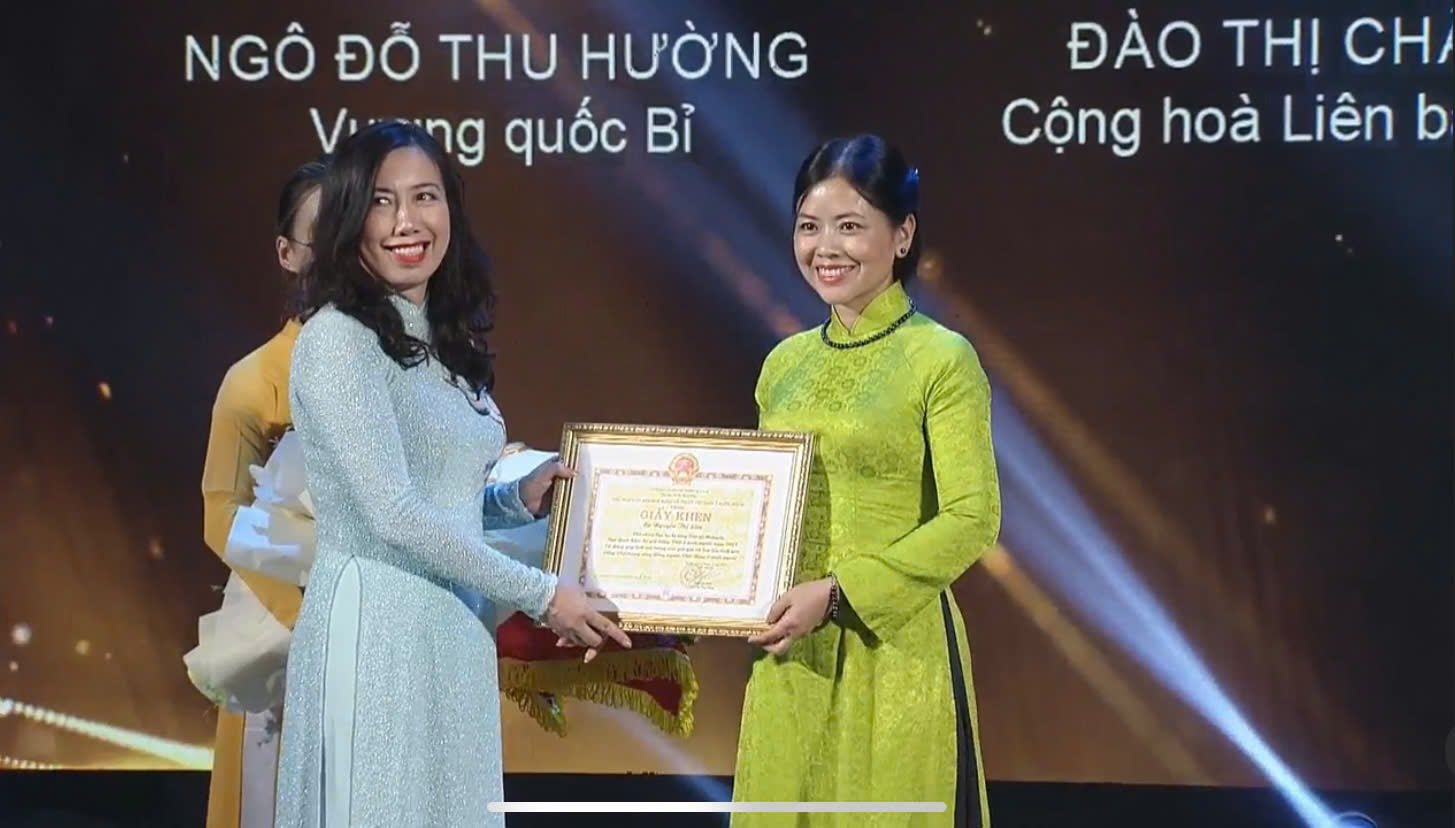
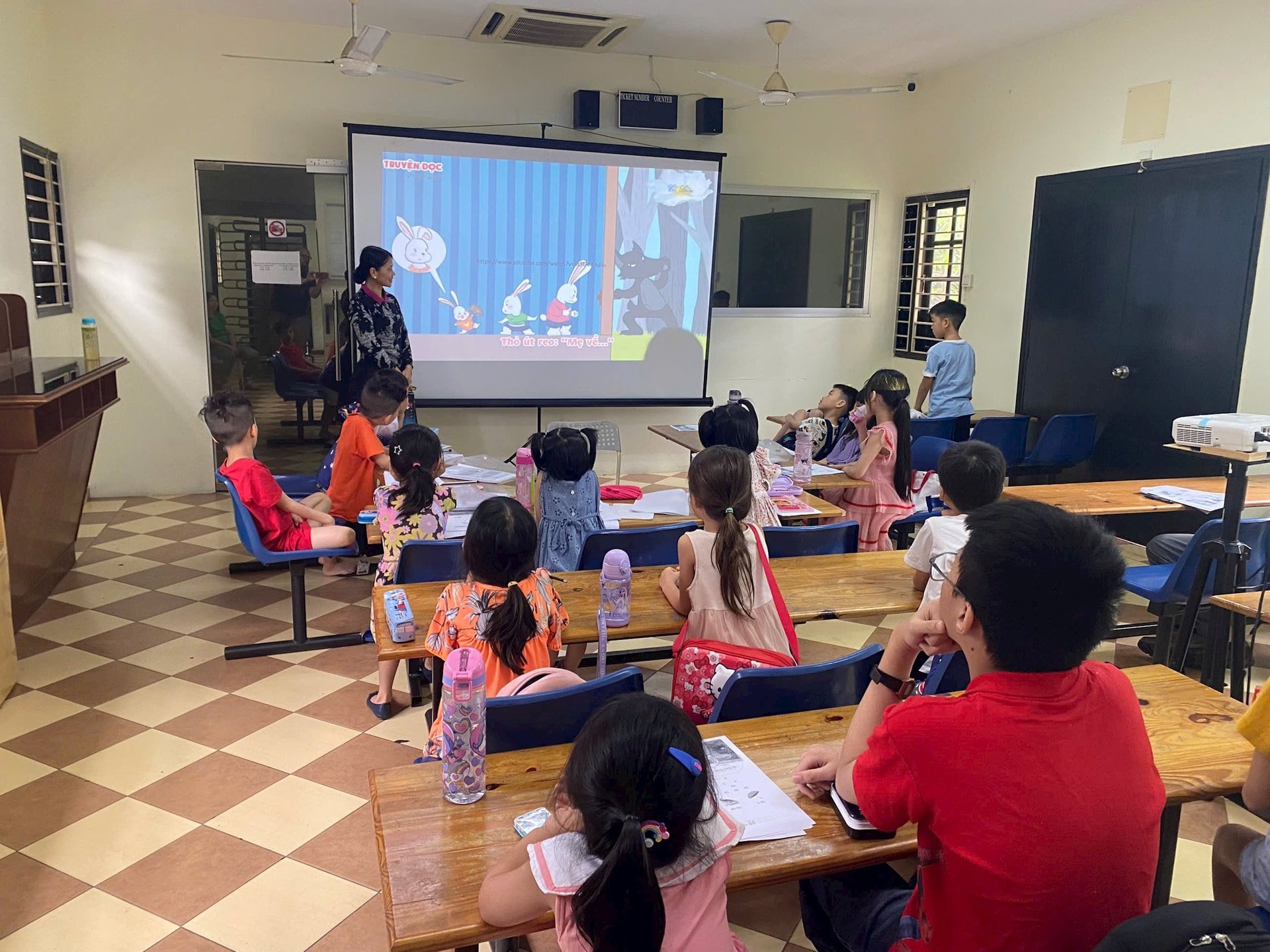
According to you, has the current situation of learning Vietnamese in the Vietnamese community improved much compared to before? In order for Vietnamese people abroad to preserve Vietnamese language and culture, what methodical implementation is needed?
- In recent years, I have noticed that our Party and State have attached great importance to preserving the Vietnamese language abroad. The Ministry of Foreign Affairs and the State Committee for Overseas Vietnamese have coordinated with representative agencies to implement many specific, practical and meaningful programs such as: Organizing Vietnamese language training courses, organizing competitions to find Vietnamese language ambassadors abroad, implementing Vietnamese language teaching programs on television, the Overseas Vietnamese Youth Summer Camp program... and many actions to encourage the Vietnamese language teaching movement in other countries. Maybe that is why I see that the teaching of Vietnamese in other countries is developing quite well compared to many years ago. In Malaysia, the Vietnamese Embassy is also very interested and always accompanies and supports the activities of our Vietnamese Language Club.
In order for overseas Vietnamese to preserve Vietnamese language and culture, I think we need to pay attention to a few points. First of all, we should increase cultural activities in the community such as organizing Lunar New Year, Hung King's death anniversary, Mid-Autumn Festival... At those events, the love for Vietnamese language and culture will be aroused and nurtured for both our generation and the next generation. In addition, it is necessary to train and motivate enthusiastic individuals to participate in teaching work widely in areas where Vietnamese people live and to establish effective Vietnamese language classes. Another important thing to preserve Vietnamese language for the younger generation is the role of Vietnamese parents. Because they are the closest and most influential people to their children. When every Vietnamese person is aware of preserving their mother tongue for their children, persistently and persistently, then Vietnamese language will truly have a strong vitality in the overseas Vietnamese community.
"When I participated in the Homeland Spring Program, I had a very special feeling, because this year, overseas Vietnamese were able to attend in greater numbers. Through activities like this, we have the opportunity to contribute our small ideas to the development of the country. Therefore, the Homeland Spring Program is not only a meeting event but also a symbol of solidarity and connection between Vietnamese people wherever they are. With the cooperation of overseas Vietnamese, Vietnam can take advantage of the intelligence, resources and patriotism to rise strongly in the era of integration and development. Therefore, every time I return, I am very happy to see my country changing, the lives of people in the country are increasingly improving,” Ms. Nguyen Thi Lien shared.
Source: https://daidoanket.vn/can-them-nua-nhung-nguoi-nhom-lua-tinh-yeu-tieng-viet-10298604.html





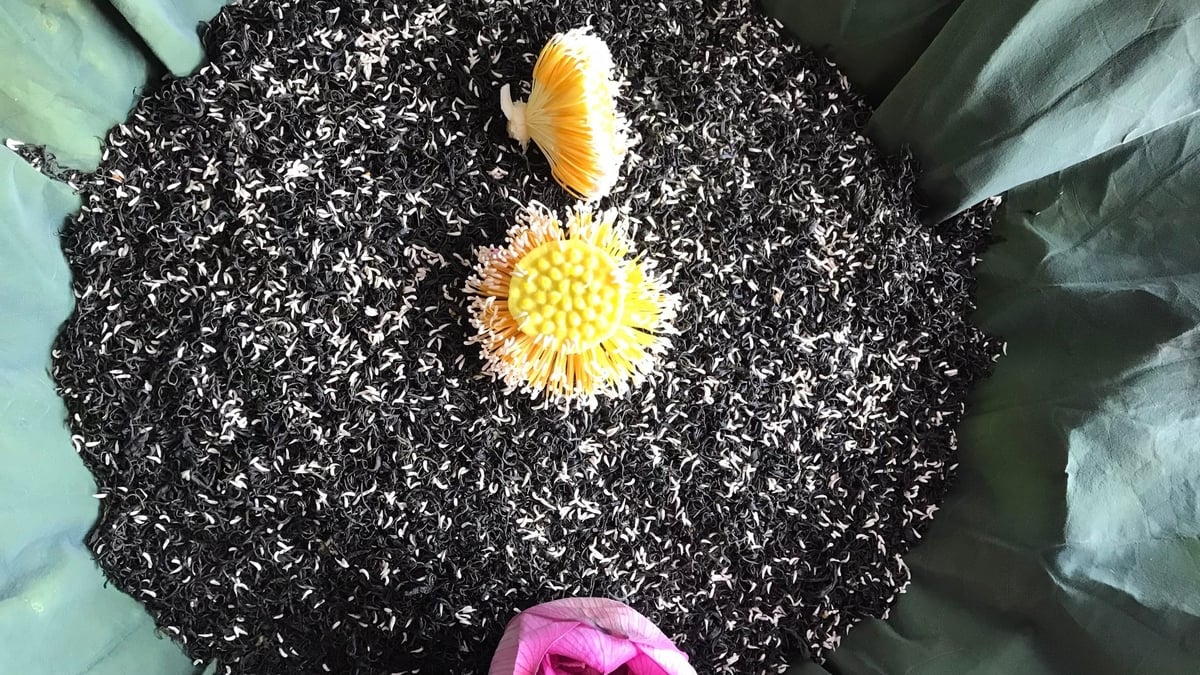


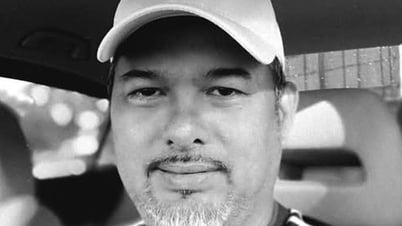

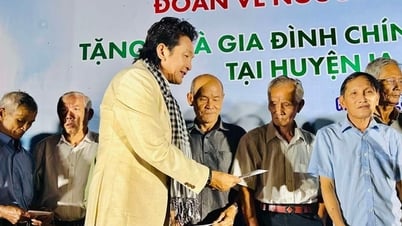

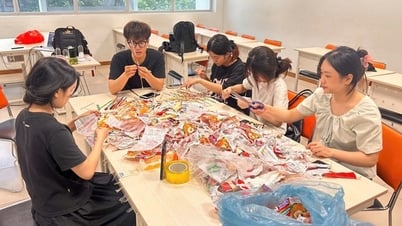



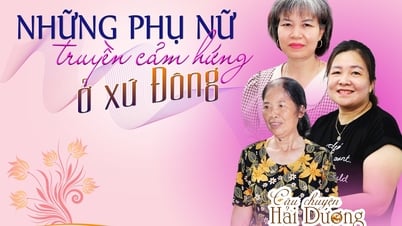










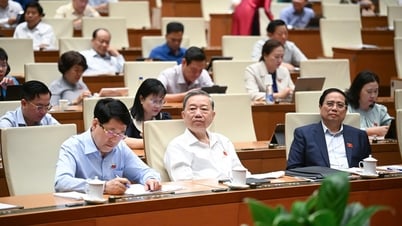









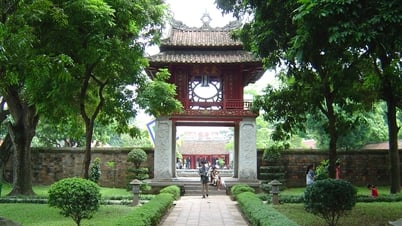


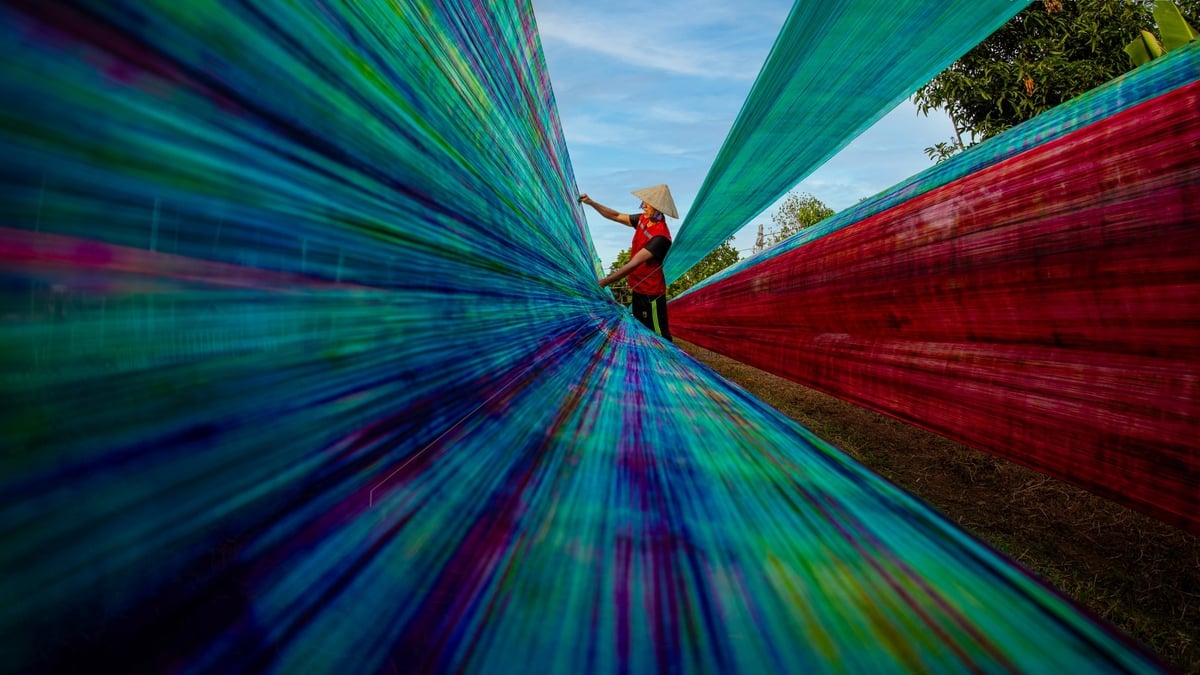










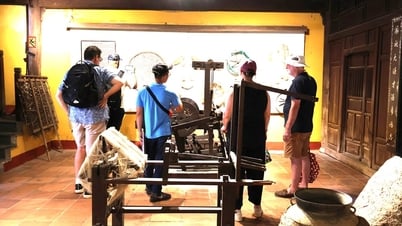






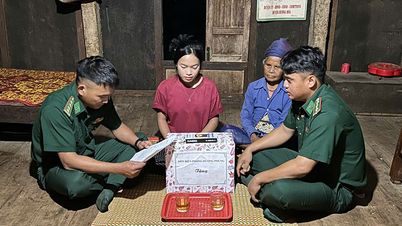

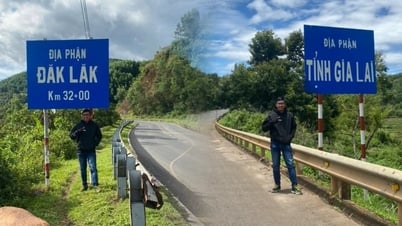






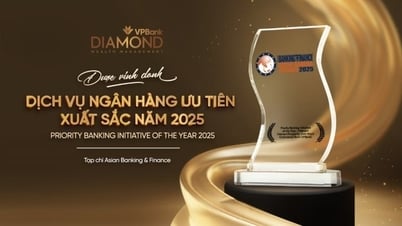






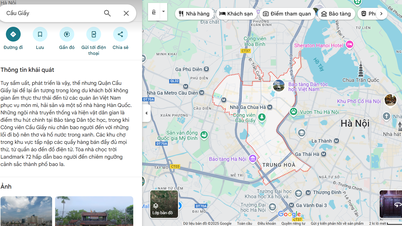



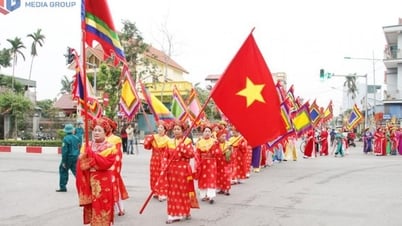
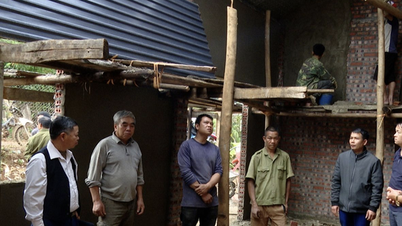
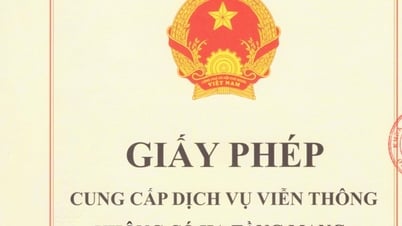

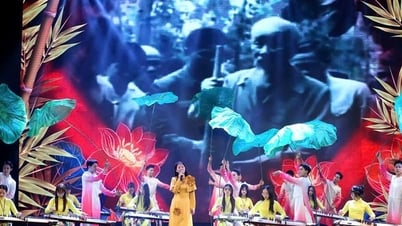
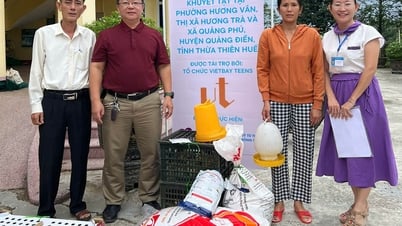

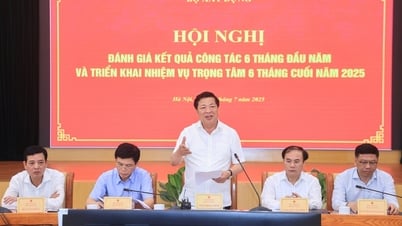
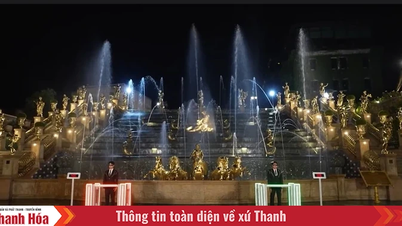



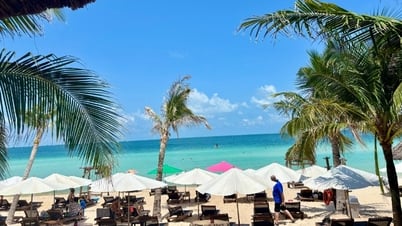











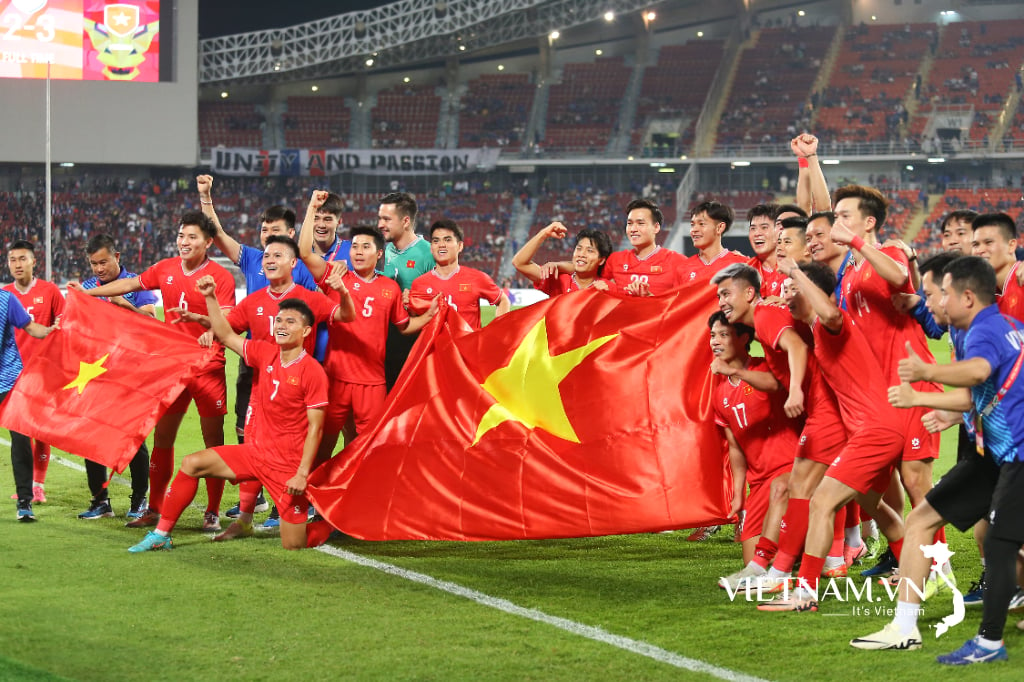
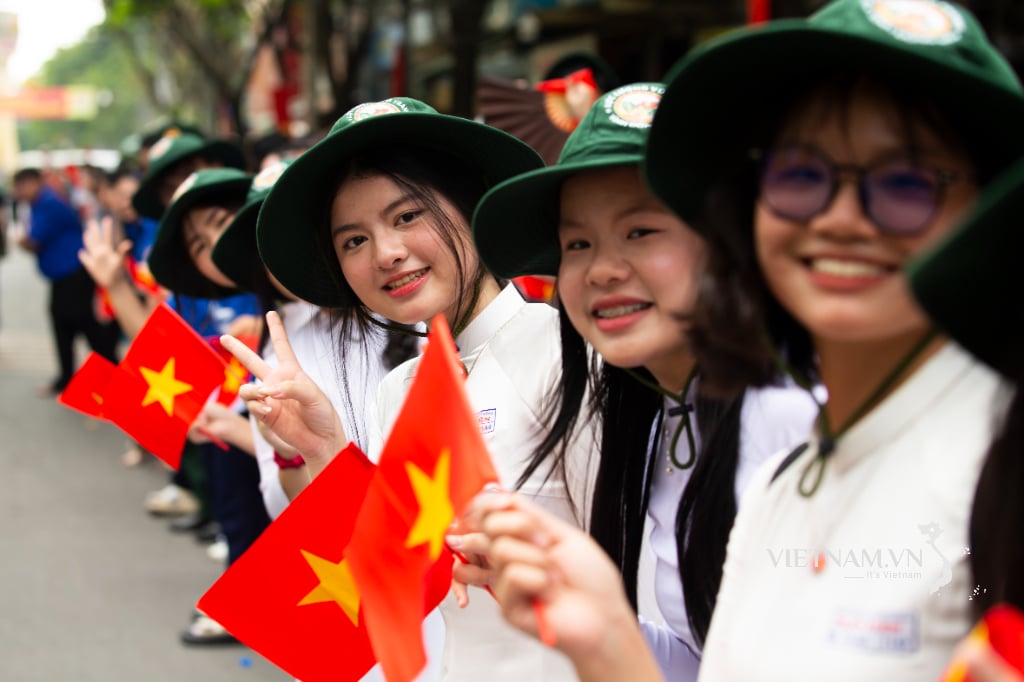
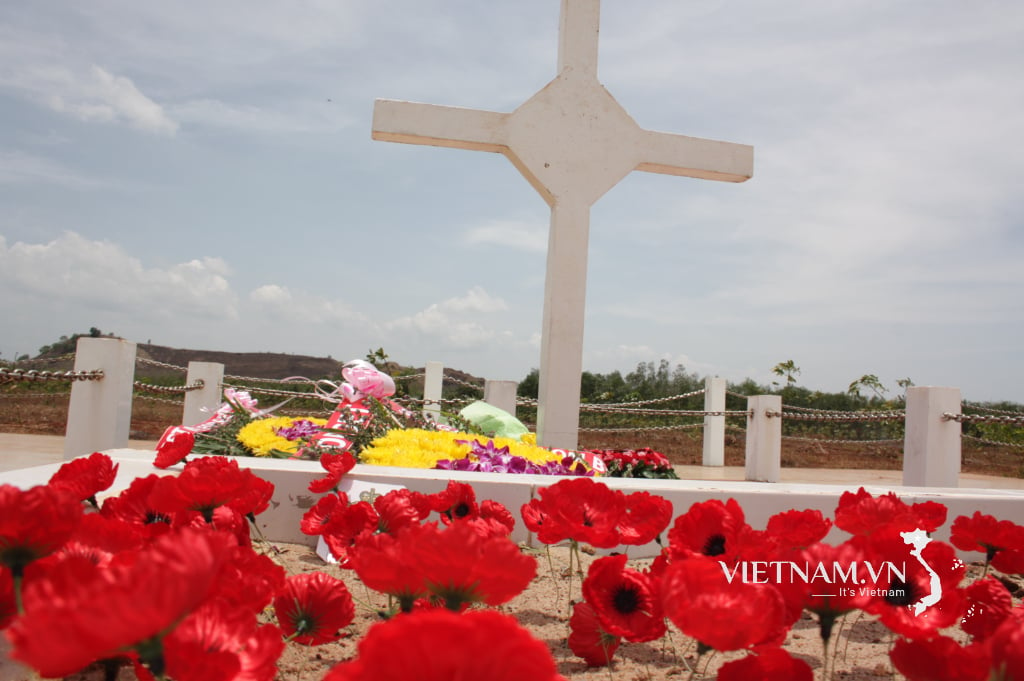

Comment (0)